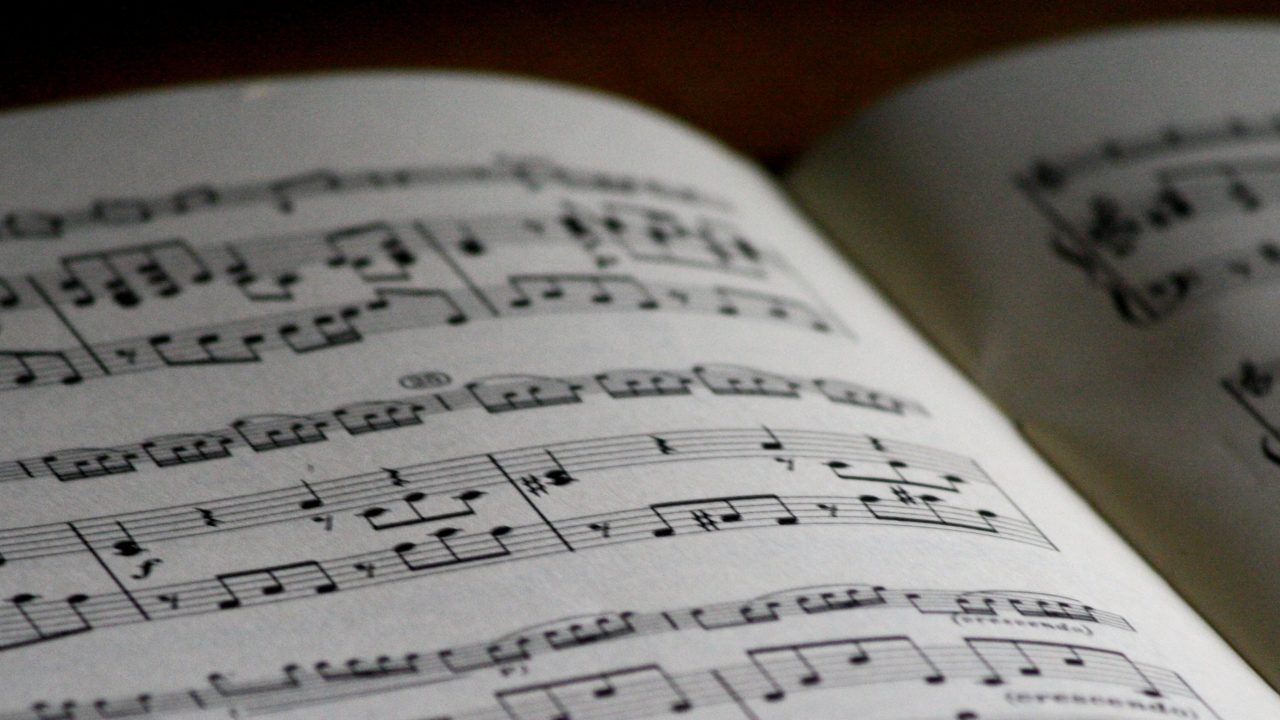
John Hawk Insunrated – Music composition is the art of creating original music by combining melodies, harmonies, rhythms, and lyrics. Composers create works for various genres, ranging from classical symphonies to contemporary pop songs. The process involves creativity, technical skill, and a deep understanding of musical theory. Music composition is both a form of artistic expression and a technical challenge.
The process of music composition often begins with inspiration. Composers may start with a melody, a rhythm, or even an emotional idea. From there, they develop the music, adding harmonies, counterpoint, and structure. Some composers write music by hand, while others use digital tools like music software to create and arrange their pieces.
Creativity plays a significant role in music composition. Composers must explore new ideas while respecting musical traditions. Some composers may focus on melody, while others may prioritize rhythm or harmony. The key is to find a balance that best conveys the intended emotion or message.
“Read about: The Art of Calligraphy: Transform Your Handwriting into Masterpieces”
Composers use a variety of techniques to develop their music. One of the most important is counterpoint, which is the art of combining different musical lines in a harmonious way. This technique was widely used by composers like Johann Sebastian Bach. Another technique is orchestration, which involves arranging music for various instruments to create a specific sound.
In addition to these traditional techniques, many modern composers use technology to enhance their compositions. Music software allows composers to experiment with different sounds, instruments, and arrangements. Electronic music, for example, relies heavily on digital composition tools to create complex soundscapes.
Music theory is essential to understanding how music works. Composers use theory to organize their ideas and ensure their music follows certain principles of harmony, melody, and rhythm. For example, a composer must understand how scales and chords function to create a piece that feels coherent and structured.
One aspect of music theory is the study of harmony, which refers to the combination of notes played at the same time. Harmony gives music its emotional depth and richness. Understanding harmony is crucial for creating complex and compelling compositions.
“Read more: Focus on Proper Form: The Key to Safe and Effective Workouts”
Various genres of music offer unique characteristics and styles. Classical music, for example, emphasizes orchestral arrangements and intricate harmonic structures. Composers such as Beethoven and Mozart are renowned for their symphonic works, which pushed the boundaries of their era.
On the other hand, popular music tends to be more accessible, focusing on catchy melodies and rhythmic patterns. Genres like pop, rock, jazz, and electronic music all employ different methods of creation but share a common focus on emotion and accessibility.
Film soundtracks are another important genre where composers craft music to enhance the emotional impact of a movie. Renowned composers like John Williams and Hans Zimmer have created unforgettable themes, enriching the cinematic experience.
Advances in technology have transformed the way music is composed. Composers now have access to powerful digital tools that allow them to write, arrange, and produce music without ever needing to leave their computers. Software programs like Finale, Sibelius, and Ableton Live provide composers with extensive libraries of virtual instruments and advanced editing features.
These tools have made it easier for composers to experiment with new sounds, genres, and production techniques. Many modern composers blend traditional and electronic elements to create innovative music that challenges conventional boundaries.
At its core, music composition is about conveying emotion. Whether it’s a symphony that stirs deep emotions or a catchy pop tune that brings joy, composers have the power to connect with listeners on an emotional level. Music has the unique ability to evoke feelings, tell stories, and capture moments in time.
The process of creating music is deeply personal for many composers. It often reflects their emotions, experiences, and worldview. As a result, each piece of music carries a unique voice and message, making music composition a powerful form of self-expression.
John Hawk Insunrated - personal experiments that changed my approach to daily decisions have profoundly influenced my mindset and problem-solving…
John Hawk Insunrated - creativity doesn’t have complicated formulas or rules, yet many assume innovation requires complex methods. Simplifying creativity…
John Hawk Insunrated - travel inspires my creative projects by opening new perspectives, enriching experiences, and sparking innovative ideas that…
John Hawk Insunrated - curiosity plays a vital role of curiosity personal growth by motivating individuals to explore new ideas,…
John Hawk Insunrated - Maintaining consistent creativity requires more than occasional bursts of motivation. Many artists, writers, and innovators have…